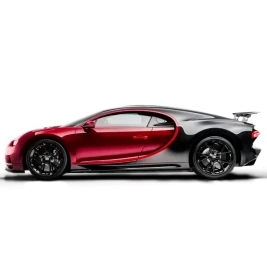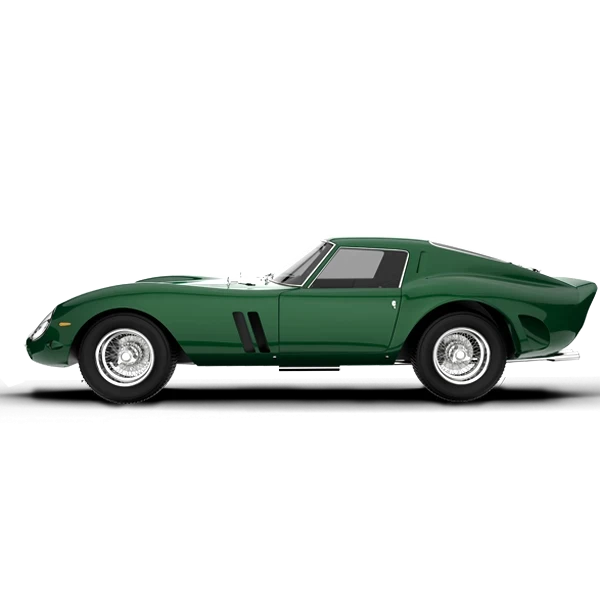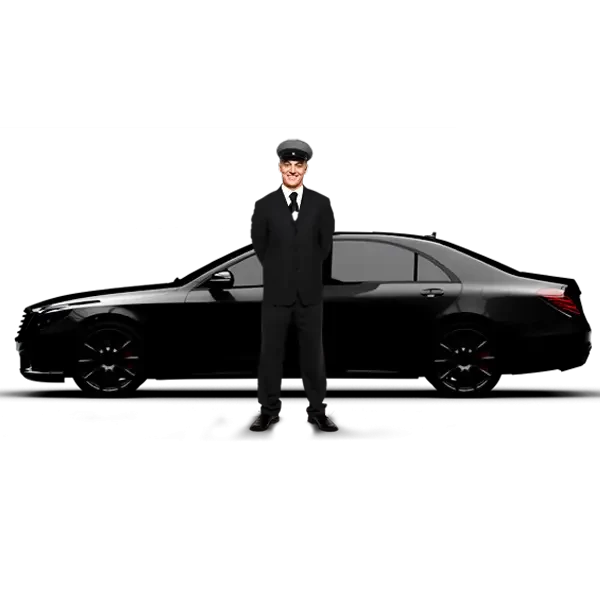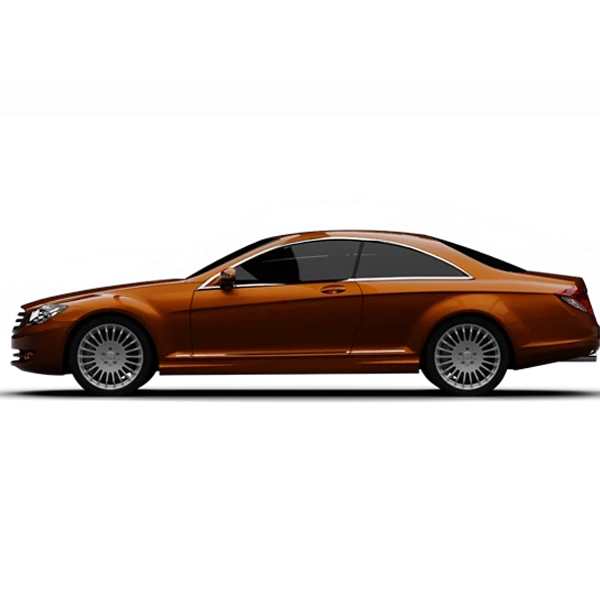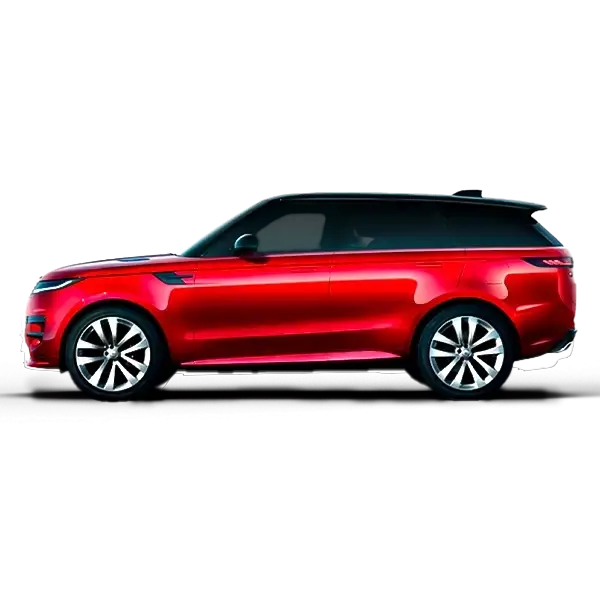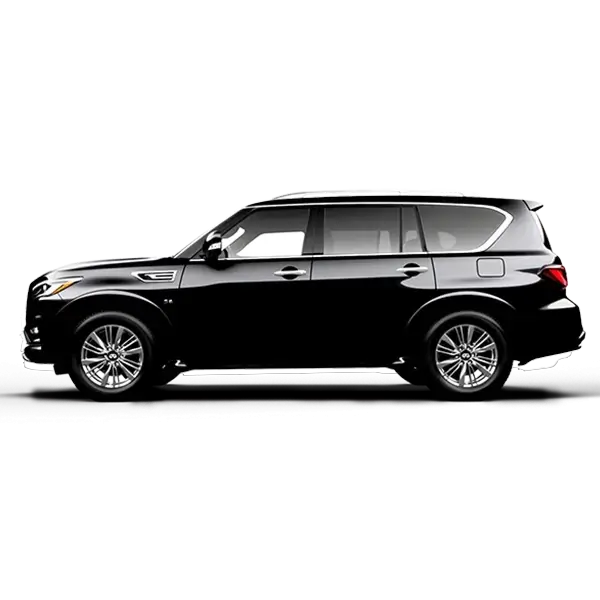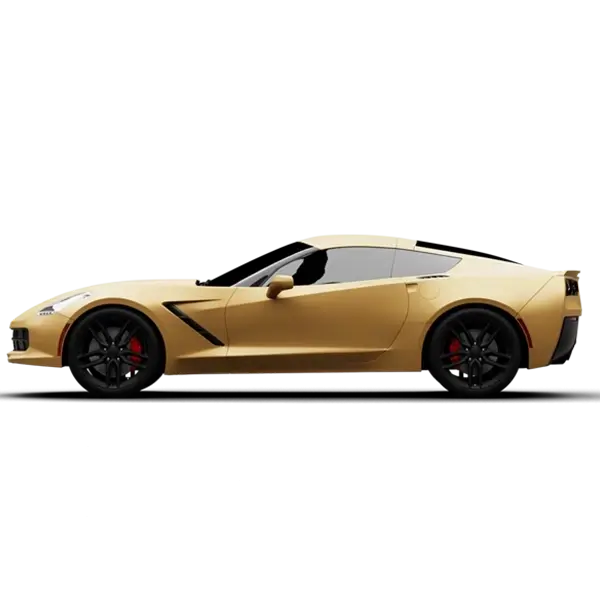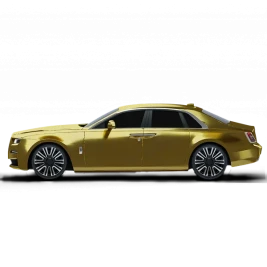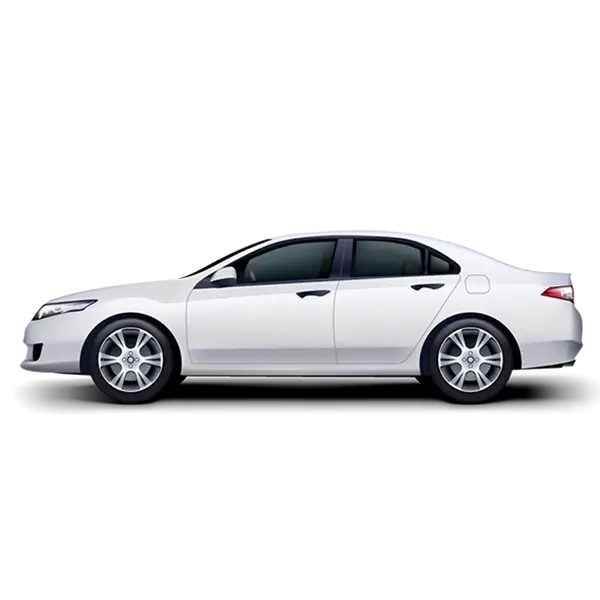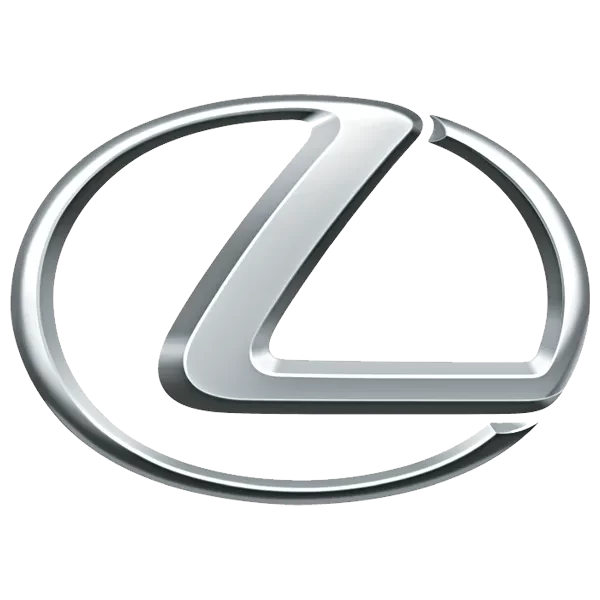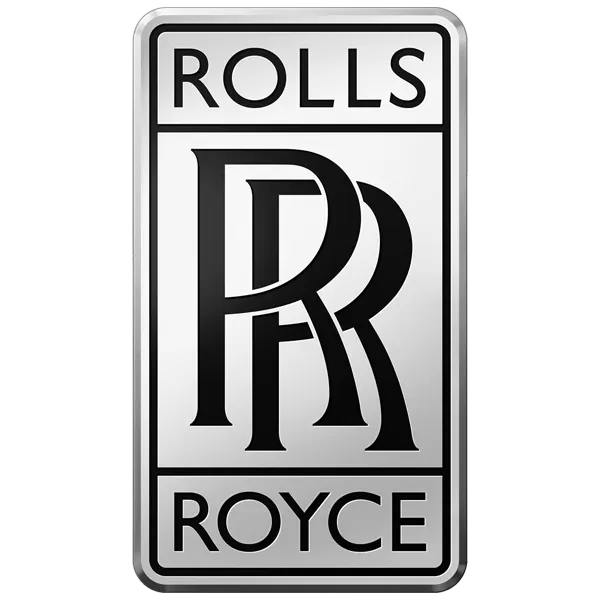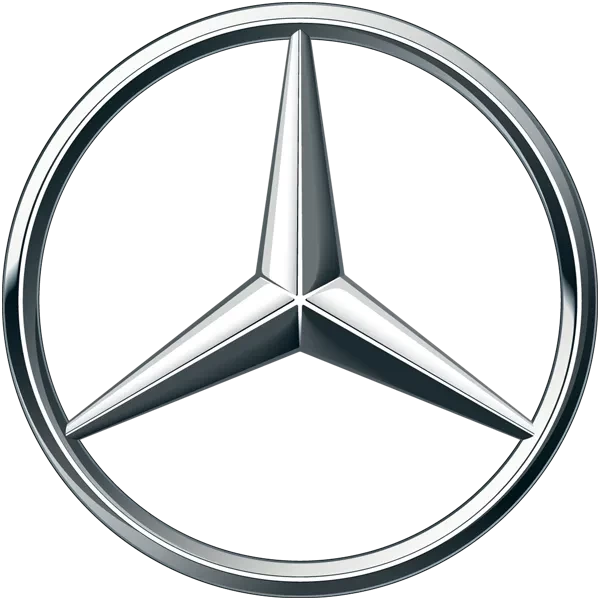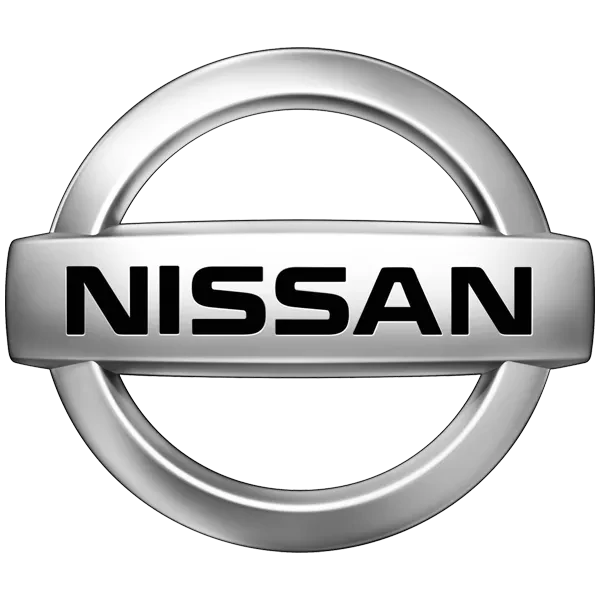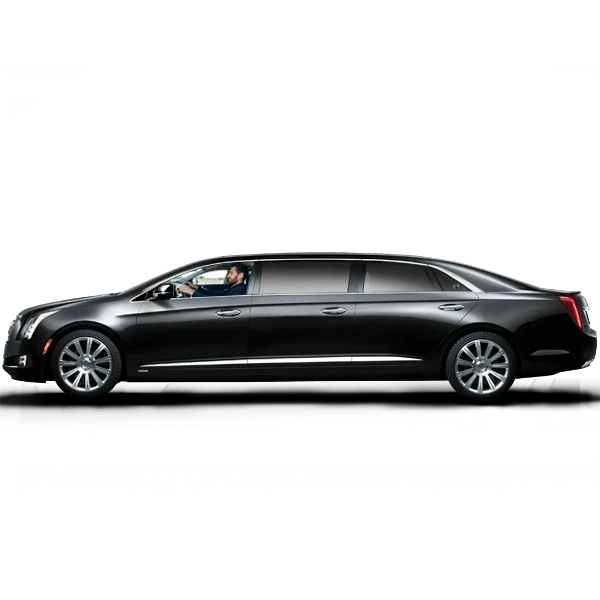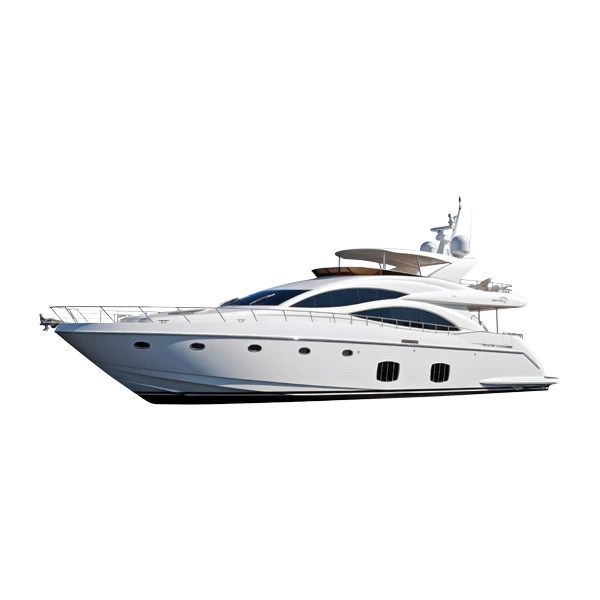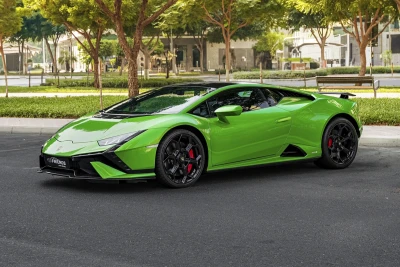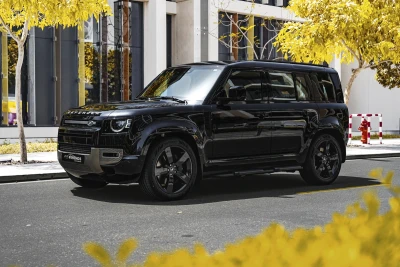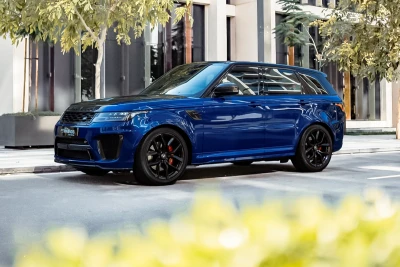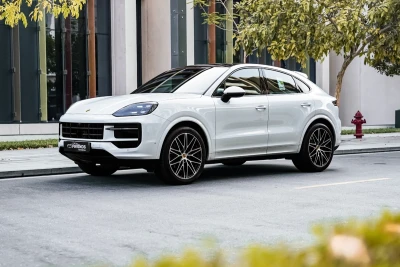Tesla vs BYD: Who’s Leading UAE’s EV Revolution?
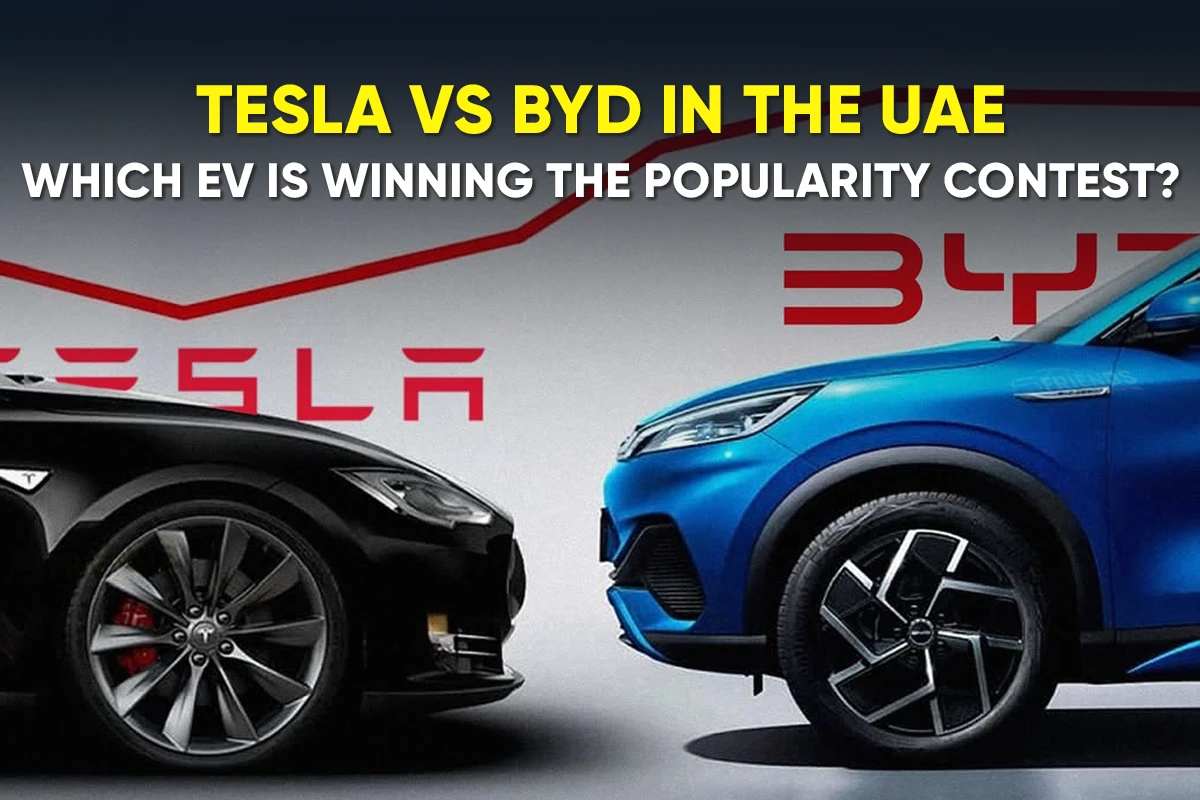
With the dramatic rise of various electric vehicle (EV) brands in the UAE, you might wonder if Tesla still holds its crown in mid-2025. The answer is a resounding yes: Tesla continues to dominate the UAE EV segment, holding approximately 43% of the market share. However, another EV powerhouse, BYD, is rising with unprecedented speed, rapidly positioning itself to challenge Tesla for the top spot. This article, Tesla vs BYD in the UAE – Which EV is Winning the Popularity Contest?, delves deeper into Tesla's enduring dominance, BYD’s remarkable ascent, and the future outlook for both brands, all through the lens of evolving consumer preferences and the UAE’s ambitious green initiatives. Let’s dive in.
Overview of the UAE EV Market
The United Arab Emirates (UAE) leads the Middle East in the adoption of electric vehicles (EVs). UAE's EV market, once valued at USD 2,220.7 million in 2023, is set to rocket to USD 82,218.83 million by 2032, growing at a 45.84% annual rate.
The emirates of Dubai and Abu Dhabi drive this surge with their futuristic governmental initiatives. Government perks like free EV parking, toll card fee exemptions and, until recently, free charging in Dubai (which transitioned to a paid model in January 2025) fuel consumer interest.
In January 2025, some reports say EV sales jumped over 100%, indicating rapid acceleration. The UAE targets 42,000 EVs on roads by 2030, aiming for 50% electric by 2050, aligning with autonomous vehicles (AVs) in the near future.
Dubai boasts over 400 public EV charging stations (with plans to reach 1,000 stations by late 2025) across the emirate. At the same time, Abu Dhabi is also rapidly expanding its EV projects, which is evident in a collective effort to build 70,000 charging points by 2030 in the country.
Programs like Dubai’s Green Charger initiative make EV ownership seamless. Regardless of the market share competition, EV companies, like Tesla and BYD shape the UAE market’s future. Tesla holds a strong foothold at the moment, while BYD is expanding in the Emirates fast through partnerships like Al-Futtaim. Their rivalry heats up in Dubai and Abu Dhabi, where eco-friendly driving gains momentum daily.
Tesla’s Position in the UAE
Tesla continues to hold a significant lead in the UAE’s electric vehicle (EV) market, capturing a whopping 43% of the market share as per Q1 2025 reports. This strong position builds on its historical dominance since 2022, when Elon Musk's EV lineups held a formidable 64% of the UAE market. Tesla is consistently far ahead of its competitors.
The brand's robust urban integration is evident through its presence in Dubai’s taxi fleet, which includes around 200 Teslas, showcasing their reliability in demanding commercial use. The Model Y and Model 3 remain highly popular, appealing to EV buyers seeking both exhilarating performance and cutting-edge technology.
Their impressive real-world range, now extending up to 702 km (WLTP) for some variants, makes them ideal for cross-emirate travel, adding crucial practicality to their premium reputation. Tesla’s expansive Supercharger network further solidifies its advantage over other competitors, including emerging Chinese EV brands like BYD and Chery.
The continued growth of Tesla's market in the UAE is underpinned by its easily accessible EV charging stations across Dubai and Abu Dhabi, ensuring fast and reliable top-ups for owners.
Moreover, the UAE's high-income and eco-conscious buyers naturally gravitate towards Tesla’s seamless convenience, luxurious features, and advanced driver-assistance systems like Autopilot. Yet, challenges do persist.
Some Dubai taxi operators report concerns regarding battery degradation under Dubai's strenuous conditions of heavy fleet use. The discussions elaborate about a perceived 100,000 km lifespan, though official Tesla battery warranties typically cover significantly higher mileage and longer periods.
Long-term maintenance costs, while generally considered low, also spark debate among fleet owners due to the specialized nature of repairs. Despite some valid concerns among a segment of Tesla owners and Dubai RTA Taxi drivers, Tesla’s prominent showrooms in both Dubai and Abu Dhabi reinforce its strong market grip and brand loyalty.
With over 230 used Tesla listings currently on platforms like YallaMotor, the brand's enduring popularity and strong resale value in the pre-owned market are clearly evident. Tesla still remains a top choice for those prioritizing luxury, innovation, and environmental responsibility within the UAE’s rapidly expanding EV scene.
BYD’s Rise in the UAE
BYD is rapidly surging in the UAE’s electric vehicle (EV) market, strongly challenging Tesla’s dominance. Its partnership with Al-Futtaim has fueled rapid expansion. In 2024, BYD opened a flagship showroom in Dubai, soon followed by Discovery Centers in Abu Dhabi and Sharjah, making its vehicles widely accessible.
Their popular Atto 3 SUV is a hit with budget-focused buyers, offering a 420 km (WLTP) range. Higher-end models like the Seal and Han EV offer impressive ranges, with the Seal Premium reaching up to 570 km (WLTP) and the Han Platinum up to 521 km (WLTP). These models compete fiercely in the UAE’s EV segment.
Affordability truly drives BYD’s appeal. Its vehicles often cost at least AED 30,000 less than Tesla’s, resonating well with the 53% of UAE residents earning AED 5,000 or less monthly. Owners commend BYD’s Blade Battery technology for its exceptional durability and safety.
While official figures vary, the battery is renowned for a very long design life and contributes to minimal maintenance costs. BYD's growing popularity is evident: in April 2025, the Dubai Taxi Company added 200 BYD SEALs to its fleet. This high-profile move, a partnership with Al-Futtaim, highlights trust in BYD's robust technology for commercial use.
BYD vehicles seamlessly leverage the UAE’s expanding public charging infrastructure, including Dubai's network of over 1,100 charging points, ensuring easy access for owners. Though a newer entrant, its increasing number of used car listings, currently around 20 on YallaMotor, reflects rising consumer demand.
With a clear focus on value, cutting-edge battery durability, and a quickly expanding presence, BYD is truly emerging as a strong contender in Dubai and Abu Dhabi’s evolving EV landscape.
Consumer Preferences in the UAE: Dubai and Abu Dhabi
In Dubai and Abu Dhabi, electric vehicle (EV) buyers exhibit distinct preferences, largely shaped by income levels. For the 53% of UAE residents earning AED 5,000 or less monthly, BYD’s compelling affordability often makes it the preferred choice.
Conversely, high-income drivers, particularly prevalent in both cities, consistently gravitate towards Tesla, valuing its luxury and cutting-edge technology. A 2022 survey, while broad, indicated a strong general preference for fuel savings among UAE residents, further boosting BYD's appeal in the cost-conscious segment.
Social media and real-world applications reflect these mixed sentiments. BYD’s Atto 3 often receives praise for its reliability and low running costs, especially among Dubai commuters seeking efficient urban mobility.
Conversely, Tesla’s Model Y wins over fans for its advanced Autopilot features and high performance, making it ideal for Abu Dhabi’s longer highway stretches. However, the known battery degradation concerns regarding the Tesla fleet continue to draw critical attention, impacting public perception in a high-visibility sector.
Use cases also differ notably by emirate. Dubai’s urban drivers often prioritize BYD’s more compact models for ease of city navigation and parking. Abu Dhabi buyers, frequently covering longer distances, tend to prefer Tesla’s substantial range (up to 702 km WLTP for some models) for inter-emirate travel.
Both brands significantly benefit from the UAE's growing eco-conscious trends and robust charging infrastructure. Ultimately, the Tesla vs. BYD face-off is fiercely competitive, reflecting a clear division among new and eco-conscious owners in the UAE's rapidly evolving EV market.
Model Comparison: Tesla vs. BYD
Tesla vs. BYD in the UAE: While the competition between Tesla and BYD in the UAE’s EV sector intensifies daily, it's important to note that their primary target demographics differ, beyond just general EV enthusiasts. BYD primarily targets affordability seekers and value-conscious buyers, while Tesla focuses on luxury, innovation, and high performance. Below is a detailed comparison of two outstanding models from each brand, highlighting their key specifications and features in the UAE market:
Tesla vs. BYD Model Comparison:
|
Feature |
Tesla Model Y (Long Range AWD) |
Tesla Model 3 (Long Range AWD) |
BYD Atto 3 (Extended Range) |
BYD Seal (Premium RWD) |
|
Price (AED) |
From 189,990 |
From 197,990 |
From 120,000 |
From 149,900 |
|
Range (WLTP) |
Up to 565 km |
Up to 629 km |
420 km |
570 km |
|
Acceleration (0-100 km/h) |
5.0 sec |
4.4 sec (Long Range AWD) / 3.1 sec (Performance AWD) |
7.3 sec |
5.9 sec (Premium RWD) / 3.8 sec (Performance AWD) |
|
Battery Size (kWh) |
~75 kWh (est.) |
~82 kWh (est.) |
60.48 kWh |
82.5 kWh |
|
Max DC Charging (kW) |
Up to 250 kW (Supercharger) |
Up to 250 kW (Supercharger) |
88 kW |
150 kW |
|
Key Features |
Autopilot, 15” touchscreen, no Apple CarPlay, heated
seats, rear screen, Sentry Mode |
Autopilot, 15” touchscreen, no Apple CarPlay, heated
steering wheel, rear screen, Sentry Mode |
15.8” rotating screen, Apple CarPlay, Android Auto, 360°
camera, V2L |
15.6” rotating screen, Apple CarPlay, Android Auto,
head-up display, 360° camera, V2L |
|
Safety Rating |
5-star Euro NCAP |
5-star Euro NCAP |
5-star ANCAP / Euro NCAP |
5-star Euro NCAP / ANCAP |
|
Warranty |
4 yrs/80,000 km (vehicle); 8 yrs/192,000 km (battery/drive
unit) |
4 yrs/80,000 km (vehicle); 8 yrs/192,000 km (battery/drive
unit) |
6 yrs/150,000 km (vehicle); 8 yrs/160,000 km
(battery/drive unit) |
6 yrs/150,000 km (vehicle); 8 yrs/160,000 km
(battery/drive unit) |
Future Outlook for Tesla and BYD in the UAE
Considering current market trends in the electric vehicle (EV) spectrum, Tesla is poised to continue its ascent, particularly appealing to discerning, tech-savvy owners seeking luxury and performance. Meanwhile, BYD is almost certain to capture a larger share of the UAE’s EV market. This is primarily because it caters to a broader consumer group, prioritizing affordability and practicality without compromising on essential technology.
The future of EVs in the UAE is undeniably bright, thanks to significant government efforts and investments in greener mobility. The nation's strategic initiatives, such as the UAE Net Zero 2050 Strategic Initiative and Dubai's Clean Energy Strategy 2050, aim for a substantial reduction in carbon emissions and a carbon-free automotive industry by 2050.
These ambitious targets will dramatically boost EV adoption in the coming decades, with projections indicating the UAE EV market could reach US $16.3 billion by 2030, growing at a CAGR of over 40% from 2025.
Both Tesla and BYD will reach new heights in the near future. The UAE's commitment to clean energy, coupled with ongoing investments and greater innovation in the electric vehicle segment, ensures the continued rise of both brands. However, which EV brand will ultimately dominate the UAE’s rapidly evolving EV market remains a key question.
Chinese EV brands, like BYD, hold strong potential for broader market penetration due to their competitive pricing and robust, increasingly advanced technology. Tesla, on the other hand, might introduce even more localized pricing strategies or higher-specification models, aiming to further attract the UAE’s affluent and elite segments. The dynamic interplay between affordability and luxury will shape this ongoing contest.
Conclusion
This Tesla vs. BYD popularity contest in the UAE is undeniably captivating. While Tesla currently holds the undisputed champion title in 2025, BYD demonstrates remarkable potential to challenge, and even outrank, Elon Musk's brand in the coming years. Both EV giants are well-positioned to capitalize on the UAE's multi-billion-dollar market, driven by the nation's ambitious goals for greener and sustainable mobility.
With the UAE firmly committed to a carbon-free automotive industry by 2050, the future offers ample space for both brands to thrive and innovate. The dynamic competition between Tesla and BYD will certainly reach new heights. However, which EV brand will ultimately dominate the UAE’s automotive landscape remains to be seen.
Which side are you on in this compelling Tesla vs. BYD debate? Share your thoughts on which brand will be bigger in the UAE's near future in the comments below!
Written by: FriendsCarRental
Published at: Fri, Jul 25, 2025 11:48 AM
Leave a Reply
Your email address will not be published. Required fields are marked *
Car Rental in Dubai
AED 2500
DAY
AED 0
MONTH
-
 SUV
SUV -
 4 Doors
4 Doors -
 5 Seats
5 Seats
- 1 Day Rental Available
- Deposit: Not Required
- Insurance Included
AED 5500
DAY
AED 0
MONTH
-
 Sports
Sports -
 2 Doors
2 Doors -
 2 Seats
2 Seats
- 1 Day Rental Available
- Deposit: Not Required
- Insurance Included
AED 1200
DAY
AED 0
MONTH
-
 SUV
SUV -
 4 Doors
4 Doors -
 5 Seats
5 Seats
- 1 Day Rental Available
- Deposit: Not Required
- Insurance Included
AED 1600
DAY
AED 0
MONTH
-
 SUV
SUV -
 4 Doors
4 Doors -
 5 Seats
5 Seats
- 1 Day Rental Available
- Deposit: Not Required
- Insurance Included
AED 1500
DAY
AED 28500
MONTH
-
 SUV
SUV -
 4 Doors
4 Doors -
 5 Seats
5 Seats
- 1 Day Rental Available
- Deposit: Not Required
- Insurance Included

 عربي
عربي
 English
English
 Français
Français
 Русский
Русский
 中国人
中国人
 Nederlands
Nederlands
 Española
Española
 Türkçe
Türkçe
 Italiana
Italiana

